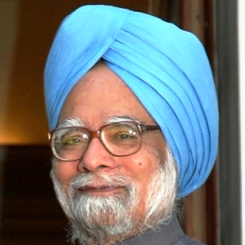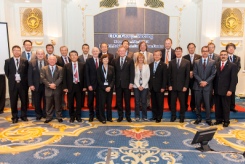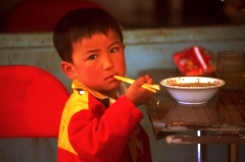By Kalinga Seneviratne* | IDN-InDepth NewsInterview
BANGKOK (IDN) – The information and communication technology (ICT) sector is undergoing a period of major transition, changing the way we communicate with each other. These technologies are introducing new players to the industry, challenging traditional business models and regulatory frameworks.
IDN’s Kalinga Seneviratne spoke to Dr Rohan Samarajiva, a former telecom regulator in Sri Lanka, at the ITU Telecom World 2012 event in Bangkok in November 2013. Samarajiva is a professor of Communication and Public Policy at Ohio State University in the U.S. and the founding Chair of LIRNEasia (Learning Initiatives on Reforms for Network Economies Asia), an ICT policy and regulation think tank active across emerging economies in South and South East Asia, and the Pacific. He was its CEO until 2012.










